Lessons learned from Uganda
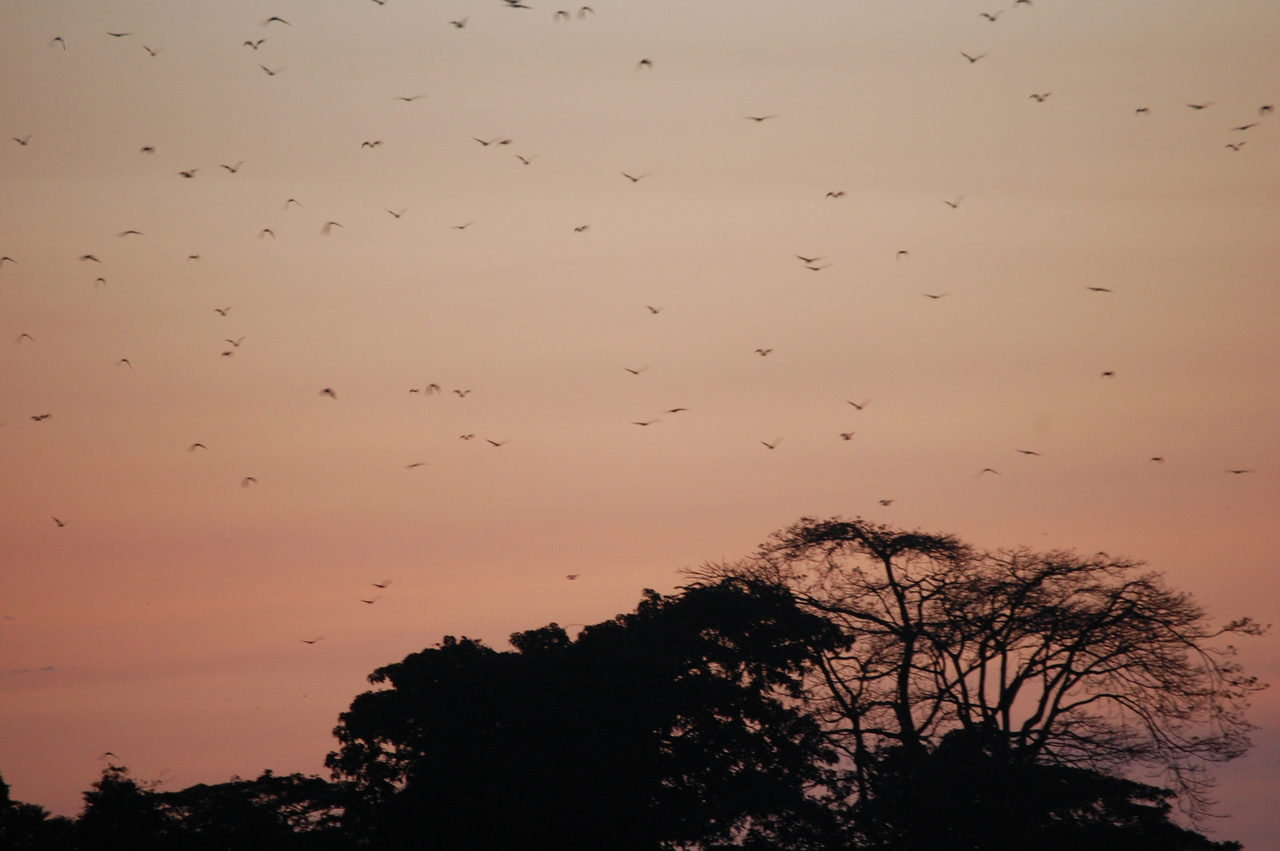
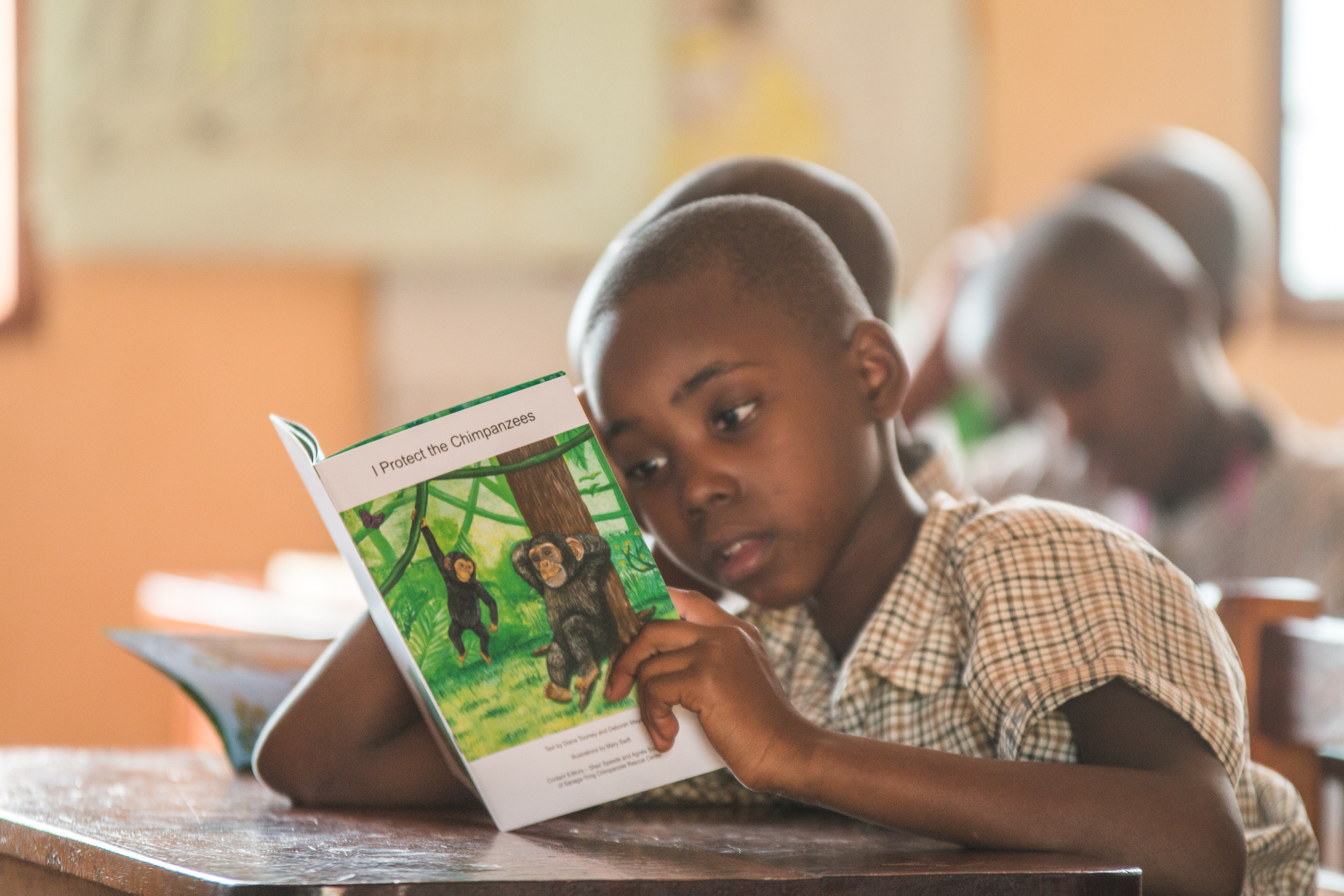 Photo credit: Environmental Education by Chimpanzee Trust, Uganda @Anthony Ochieng-TonyWild
Photo credit: Environmental Education by Chimpanzee Trust, Uganda @Anthony Ochieng-TonyWild
It’s no wonder that COVID 19* has affected the conservation world, including conservation education. With target audiences isolated in homes, it even becomes more difficult in countries were internet and other forms of media are not easily accessed. This article shares my experience in continuing to implement conservation education and awareness despite the COVID 19 pandemic using FM radio entertainment in the Northern Albertine rift landscape of Uganda. In 2015, BBC World Service's nationally representative survey found that the majority of the Ugandan adult population had a working radio (87%) and mobile phone (74%) in their household. Only a third had a working TV (34%) and only 13% of the adult population had access to the internet within their household. Listenership figures also show that radio is the most popular medium in Uganda, making it the most suitable medium for conservation education through radio drama.
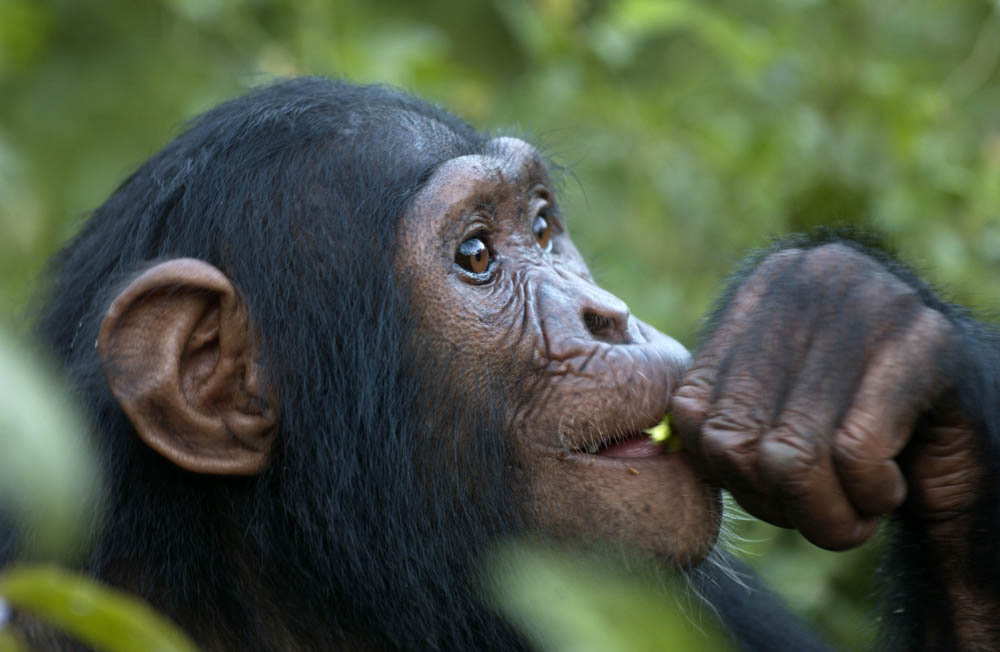

 Photo credit: Kazakuhire, Chimpanzee Trust, Uganda
Photo credit: Kazakuhire, Chimpanzee Trust, Uganda
I’m the conservation education manager at the Chimpanzee Trust, a NGO which manages Ngamba Island Chimpanzee Sanctuary on Lake Victoria in Uganda, a home to 50 rescued and orphaned chimpanzees. The Trust also provides conservation of wild chimpanzee habitats in unprotected forests, community livelihoods for communities living adjacent to such habitats, conservation education and awareness in such communities.
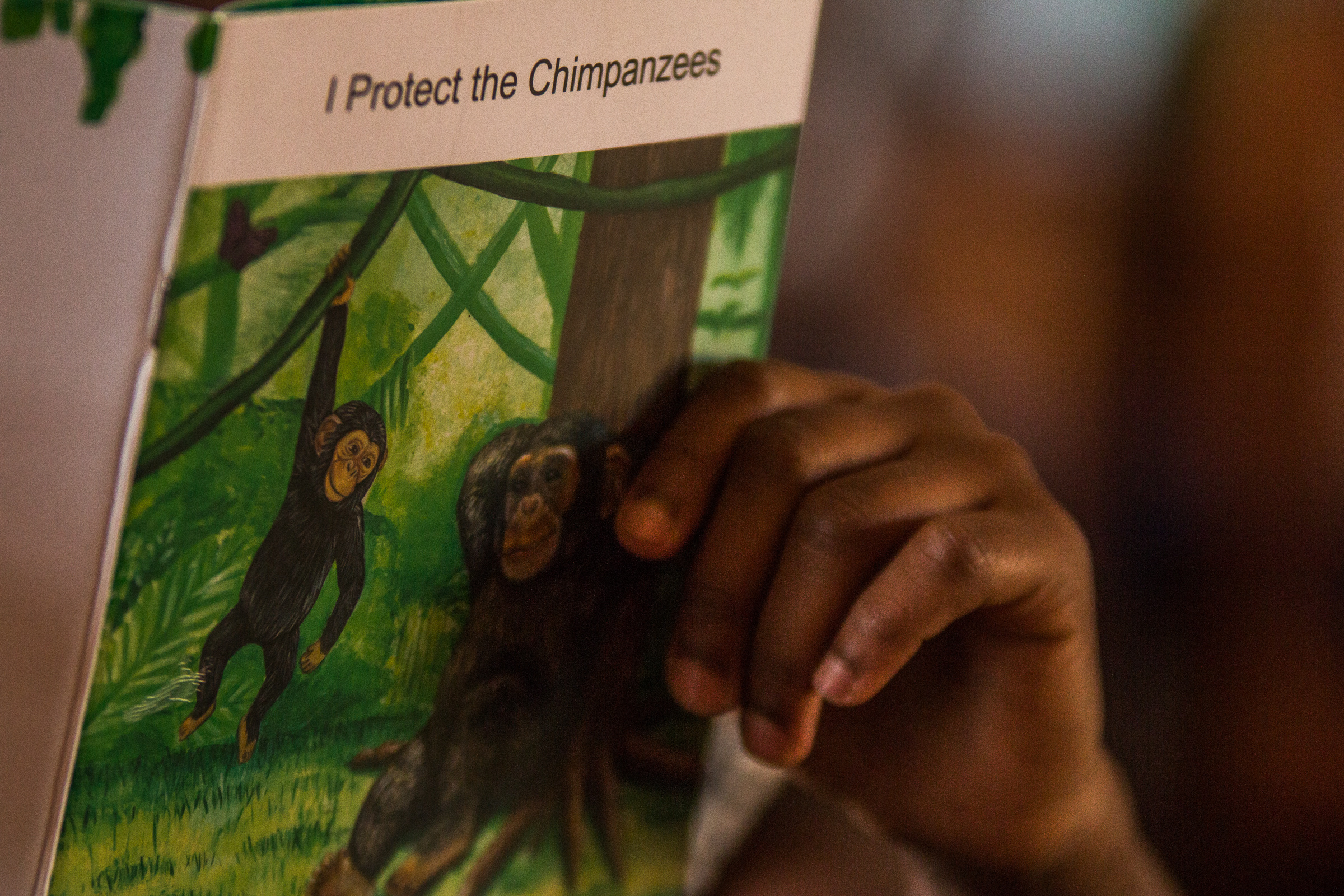 Photo credit: Environmental Education by Chimpanzee Trust, Uganda @Anthony Ochieng-TonyWild
Photo credit: Environmental Education by Chimpanzee Trust, Uganda @Anthony Ochieng-TonyWild
In 2015, the Chimpanzee Trust together with local partners (Kiziranfumbi Senior Secondary school, Munteme Vocational Technical college and Columbus Zoo and Aquariums), recorded the first series of the audio radio entertainment drama. The drama is a depiction of two families; one of a family that engages in good conservation practices, while the second one hardly appreciates the value of nature.
The interaction of these two families in the “forest” village provides a mosaic of social, economic and ecological issues that occur in communities living close to forests. To date 67 episodes have been recorded; thanks to our partners.
When the COVID -19 pandemic broke out in early March 2020**, a country wide lockdown was announced. This meant restrictions in movements, school attendance and many other challenges. The main form of mass communication was radio. This provided an opportunity to the Chimpanzee Trust to air out this radio drama. Every Friday evening the drama is on air, and listeners have an opportunity to make direct phone calls to the education manager Chimpanzee Trust for comments, clarification and questions. Thanks to the Darwin Initiative for making this possible. We have seen an increase in number of calls made from different age groups especially the youth.
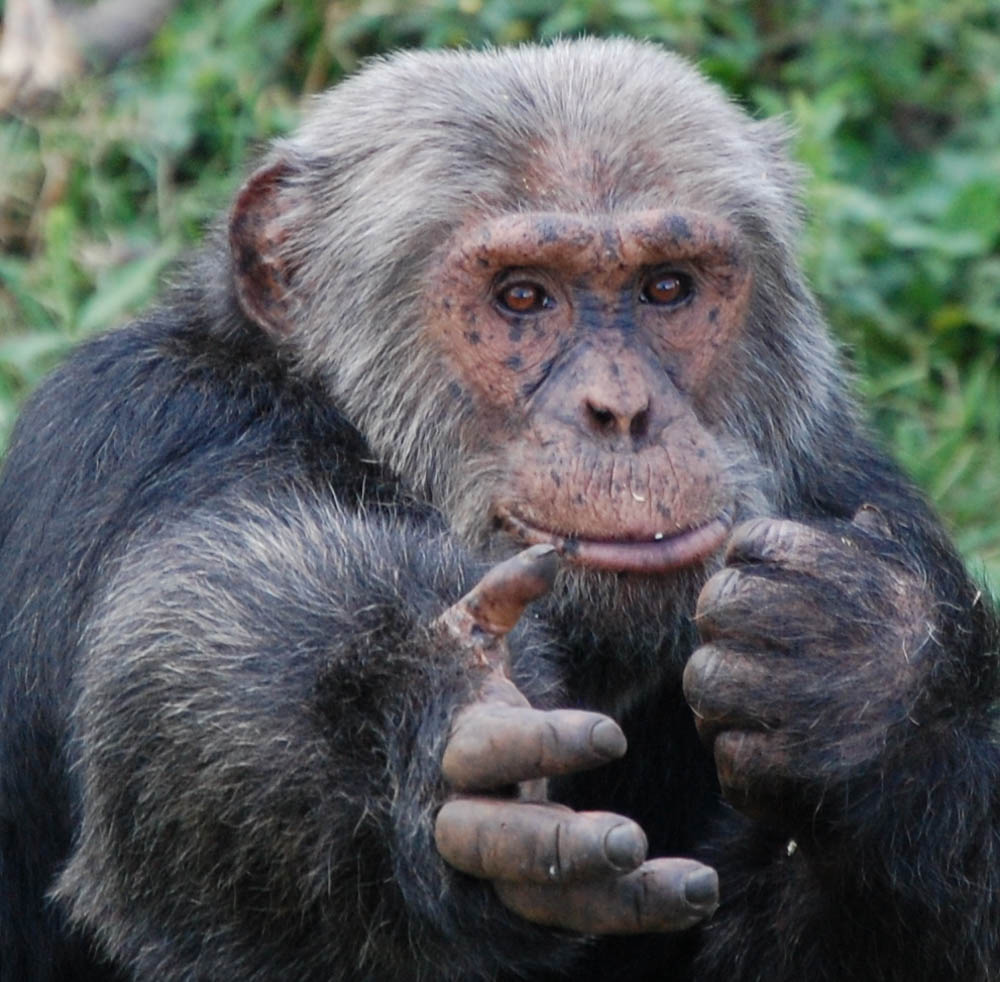 Photo credit: Chimpanzee Trust, Uganda
Photo credit: Chimpanzee Trust, Uganda
Interestingly many of the people call in with very surprising questions and comments including; (a) I didn’t know through forest protection one could buy a motor bike! b) I want to see a chimpanzee, where can I see one? (c) Is it possible to get a copy of the drama series? (d) I have a private forest how can I register it to benefit from carbon trade. (e) I’m a student how can I join and be part of the drama group. (f) Thank you for this drama it’s very educative. (h) How can I defend myself if I meet a chimpanzee in a forest? These and more are some of the comments and messages in the call in session.
*https://en.wikipedia.org/wiki/COVID-19
**https://en.wikipedia.org/wiki/COVID-19_pandemic_in_Uganda
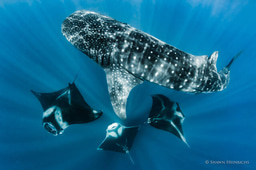
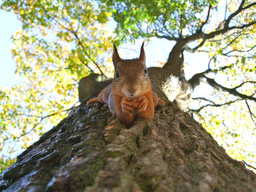
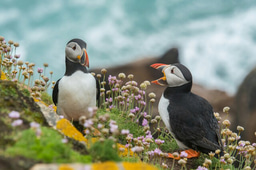
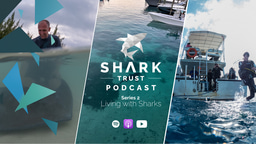
Please sign in or register for FREE
If you are a registered user on WildHub, please sign in
What an amazing initiative Silver thank you so much for sharing. Are the radio episodes continuing? @Fai Collins Ndi this isn't relating to elephants but thought you would find this a very interesting case study on the success of radio broadcasting for conservation.